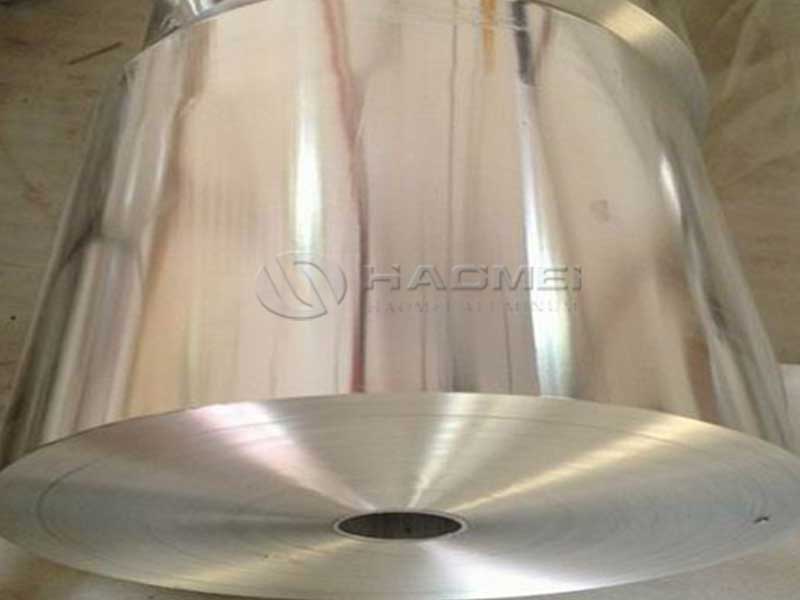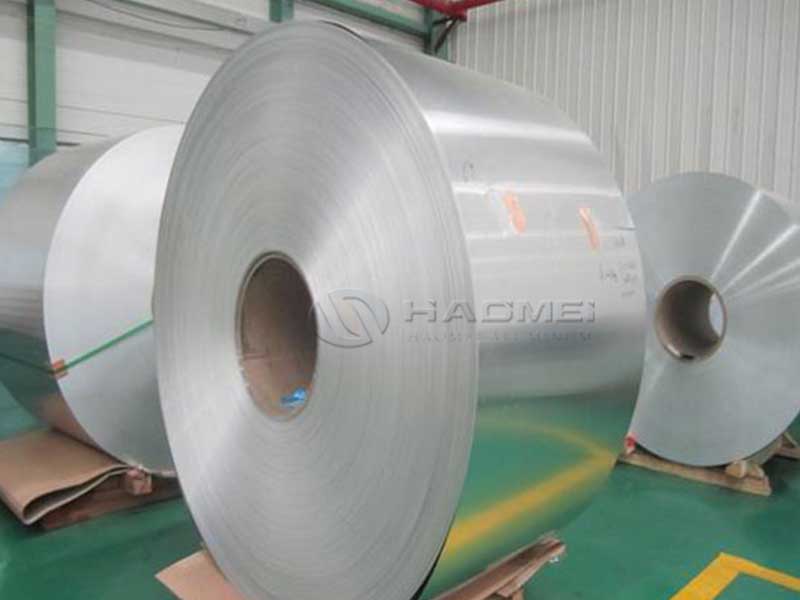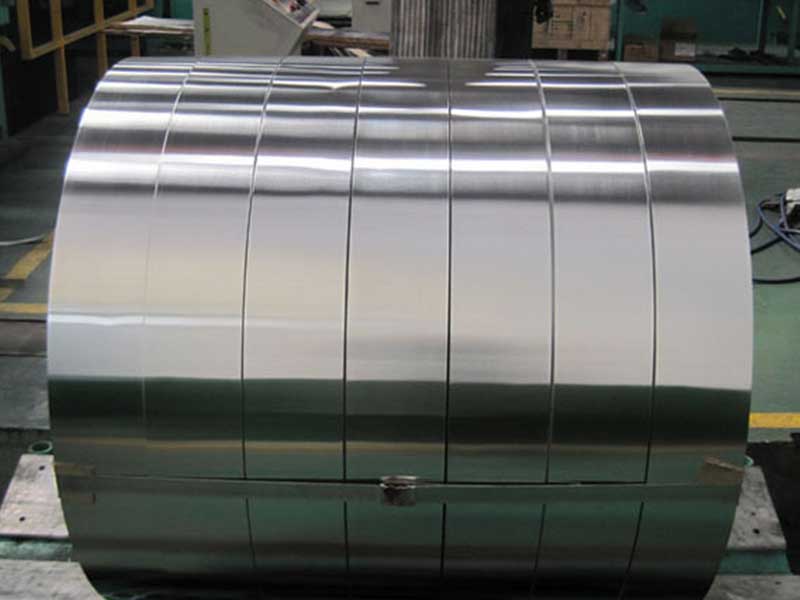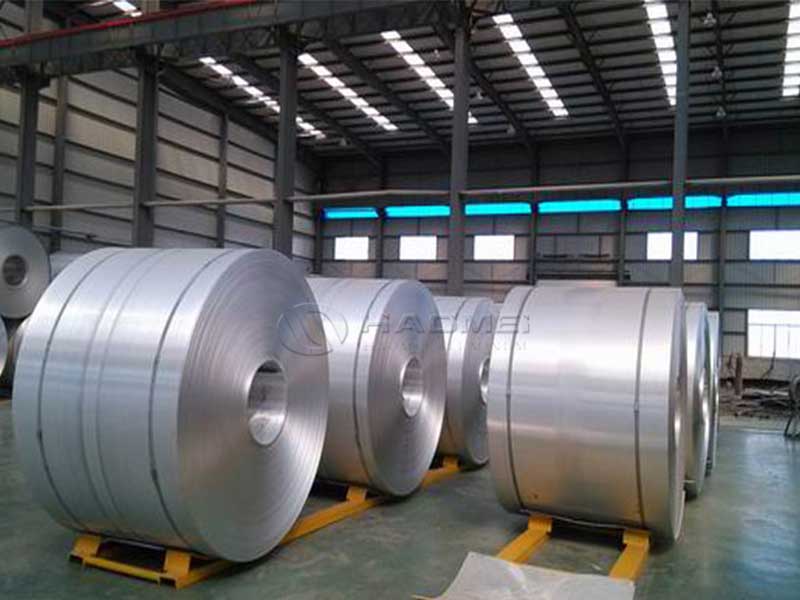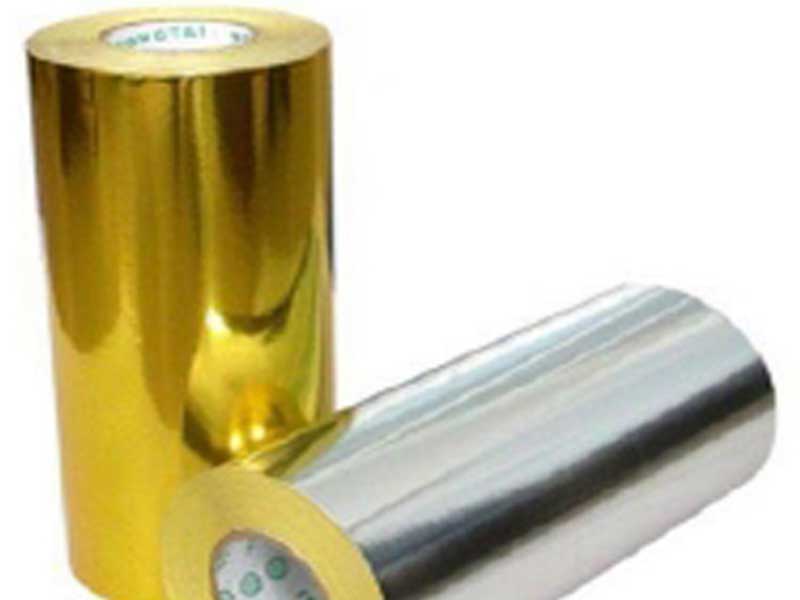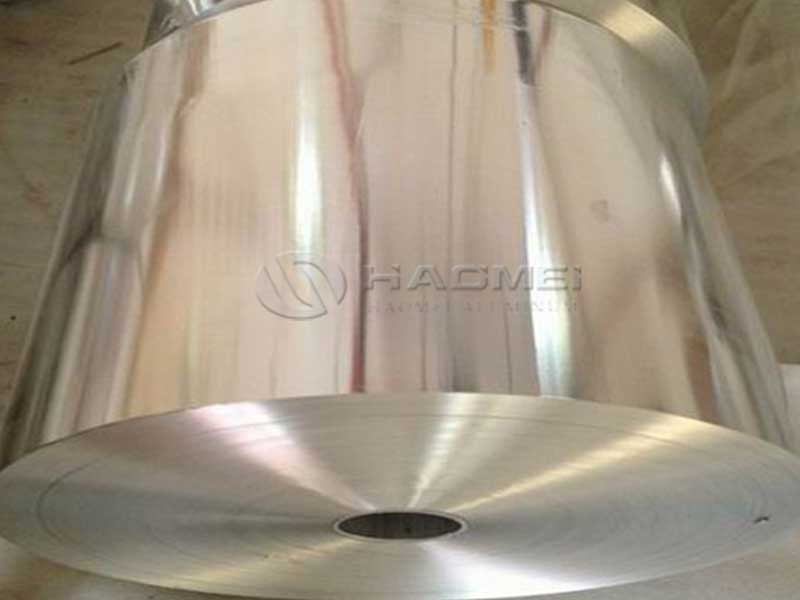2024-09-25 https://www.aluminum-coils.com/a/aluminium-foil-definition.html
Aluminum foil is an incredibly versatile material that has become a staple in kitchens and industries around the globe. Defined as a thin sheet of aluminum that is less than 0.2 mm in thickness, aluminum foil offers a unique combination of properties that make it suitable for a myriad of applications.
Features of Aluminum Foil
Aluminum foil is known for its distinctive attributes, which contribute to its widespread use. Let's explore some of the standout features:
-
Barrier Protection: One of the most valuable characteristics of aluminum foil is its exceptional barrier properties. This thin sheet effectively prevents light, moisture, and air from penetrating, which means your food remains fresher for longer. This makes it an ideal choice for food packaging and storage.
-
Heat Conductivity: Aluminum is renowned for its ability to conduct heat efficiently. When used in cooking, aluminum foil ensures that dishes heat evenly and quickly, enhancing the culinary experience. Additionally, it can withstand high temperatures, allowing it to be used safely in ovens and grills.
-
Lightweight yet Strong: Aluminum foil is remarkably lightweight, making it easy to handle and disposable. Despite its thinness, it possesses good tensile strength, allowing it to securely wrap and protect a variety of items without tearing easily.
-
Recyclability: Another significant advantage of aluminum foil is that it is 100% recyclable. In our environmentally-conscious world, recycling aluminum foil helps reduce waste and encourages sustainable practices.
-
Versatility: Aluminum foil can be easily molded into different shapes and sizes. Whether forming a tight wrap around food, crafting a DIY funnel for liquids, or even creating intricate crafts, its versatility knows no bounds!
Applications of Aluminum Foil
With its unique features, aluminum foil finds countless applications across diverse settings. Here are some common usages:
Culinary Applications
In the kitchen, aluminum foil is indispensable. Its barrier properties make it perfect for wrapping sandwiches, preserving leftovers, covering dishes for baking, and even creating "foil packets" to cook vegetables and proteins. These cooking techniques not only enhance flavor but also lock in moisture, resulting in delectable meals.
Food Packaging
The food industry heavily relies on aluminum foil for packaging consumables. From chips and snacks to takeout meals and frozen foods, aluminum foil ensures product integrity by preserving flavor and freshness. Many manufacturers opt for foil-lined packages to enhance shelf-life and reduce waste due to spoilage.
Household Uses
Beyond cooking and packaging, aluminum foil serves multiple household purposes. It can be used to protect surfaces while painting, keep food warm at picnics, and even eliminate static cling from clothing! Its reflective properties also come into play when used in sun catchers or DIY chimney balloons to improve insulation.
Industrial Applications
In an industrial context, aluminum foil plays an essential role as well. Its electrical conductivity makes it ideal for applications such as cable insulation and thermal insulation in manufacturing processes. Moreover, it can be found in products like batteries and thermal containers due to its chemical resistance.
Hospitality and Catering
Caterers also utilize aluminum foil for events and buffs to keep food warm and fresh for extended periods. Its easy application and cleanup allow for an efficient presentation, helping to enhance the guest experience.

